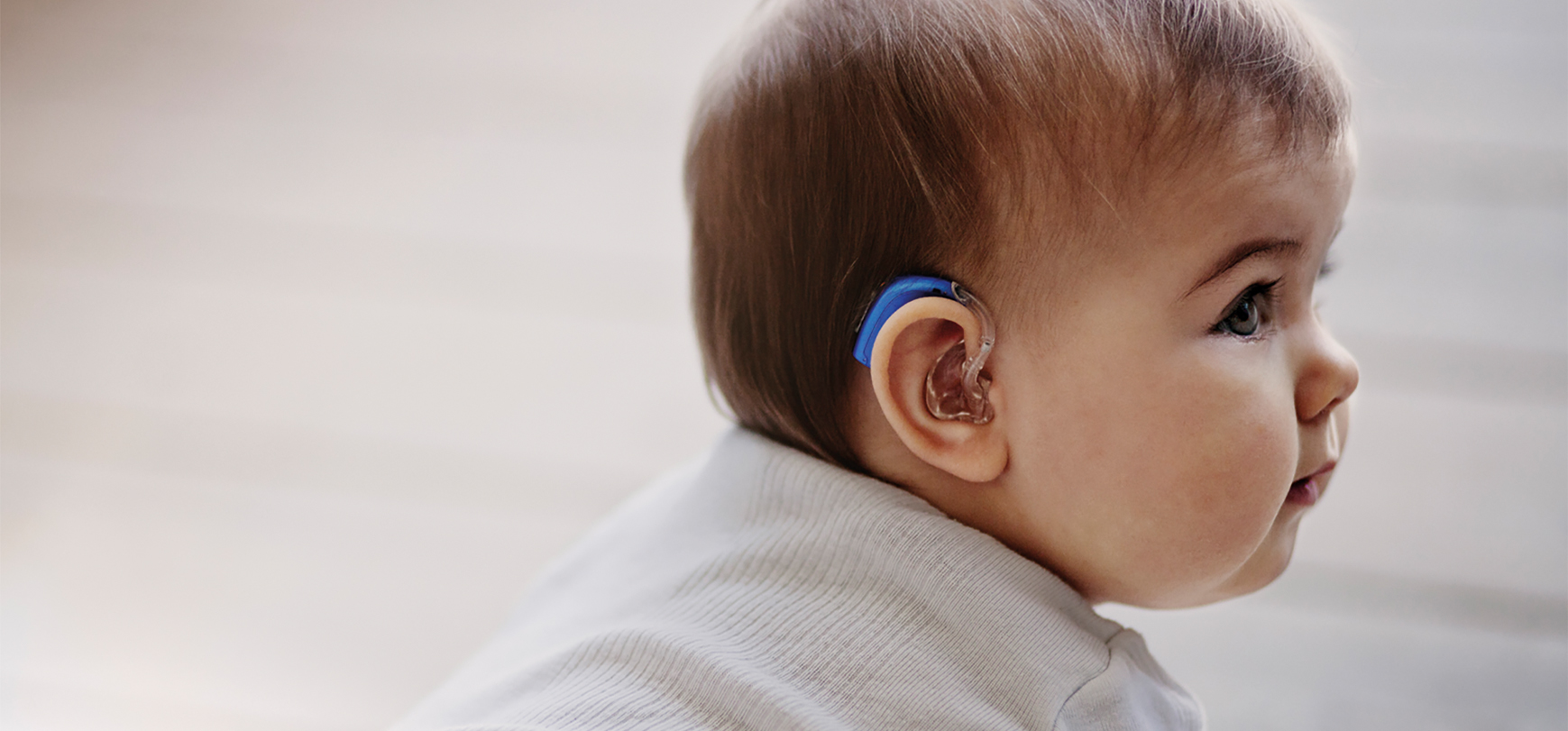
Using hearing aids early in life can have a profound impact on the development and overall well-being of children with hearing loss. Here are several key ways in which early use of hearing aids makes a big difference:
1. Language Development
- Critical Period for Language Acquisition: The early years of a child’s life are crucial for language development. During this time, the brain is highly receptive to learning sounds and language. Hearing aids help ensure children can hear and learn spoken language effectively.
- Improved Vocabulary and Grammar: Children who receive hearing aids early are more likely to develop a vocabulary and grasp of grammar comparable to their hearing peers. This early exposure to language helps prevent delays in speech and language skills.
2. Cognitive Development
- Brain Development: The auditory pathways in the brain develop through exposure to sound. Early use of hearing aids stimulates these pathways, promoting healthy brain development and preventing auditory deprivation, which can have long-term cognitive impacts.
- Enhanced Learning Abilities: Better hearing contributes to improved attention, memory, and overall learning abilities. Children are more likely to succeed academically when they can fully engage with their environment.
3. Social and Emotional Development
- Social Interaction: Hearing aids enable children to participate in conversations and social interactions, which are essential for developing social skills and forming relationships. This can lead to improved self-esteem and a stronger sense of belonging.
- Emotional Well-being: Children who can communicate effectively are less likely to experience frustration and social isolation. This can reduce the risk of developing behavioral issues and contribute to a more positive emotional outlook.
4. Speech Clarity
- Articulation and Pronunciation: Early use of hearing aids helps children hear their own voice and others’ speech more clearly, which is crucial for developing accurate speech patterns and pronunciation.
- Preventing Speech Delays: With better access to sound, children are less likely to experience speech delays, making it easier for them to keep up with their peers in communication skills.
5. Educational Outcomes
- Academic Performance: Children with hearing aids are more likely to perform better in school because they can hear instructions, participate in discussions, and access auditory information in the classroom.
- Inclusion in Regular Education: Early intervention with hearing aids increases the likelihood that children can be included in mainstream education settings, reducing the need for specialized or remedial programs.
6. Family and Community Integration
- Family Communication: Early use of hearing aids facilitates better communication within the family, strengthening relationships and ensuring that children can participate fully in family activities.
- Community Engagement: Children who use hearing aids early are better equipped to engage with their broader community, from extracurricular activities to social events, enhancing their overall quality of life.
BOOK APPOINTMENT+91 9818199042, 9711625806


